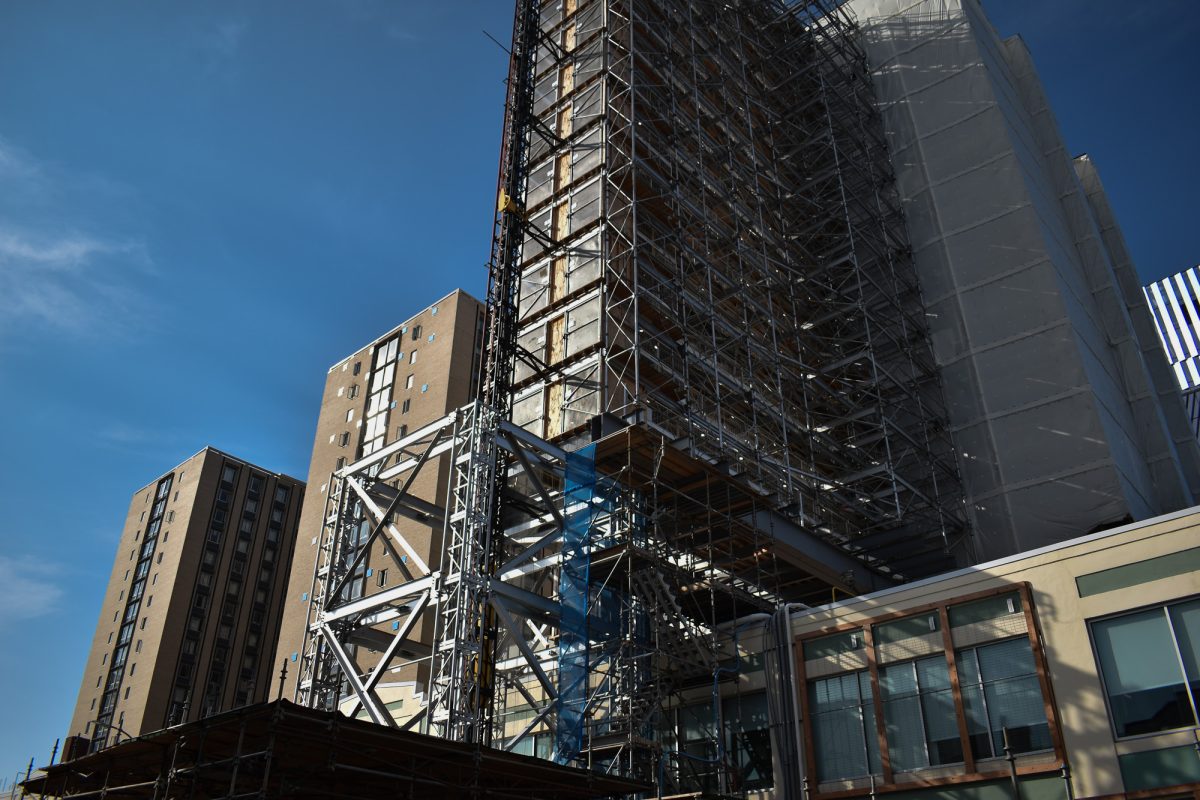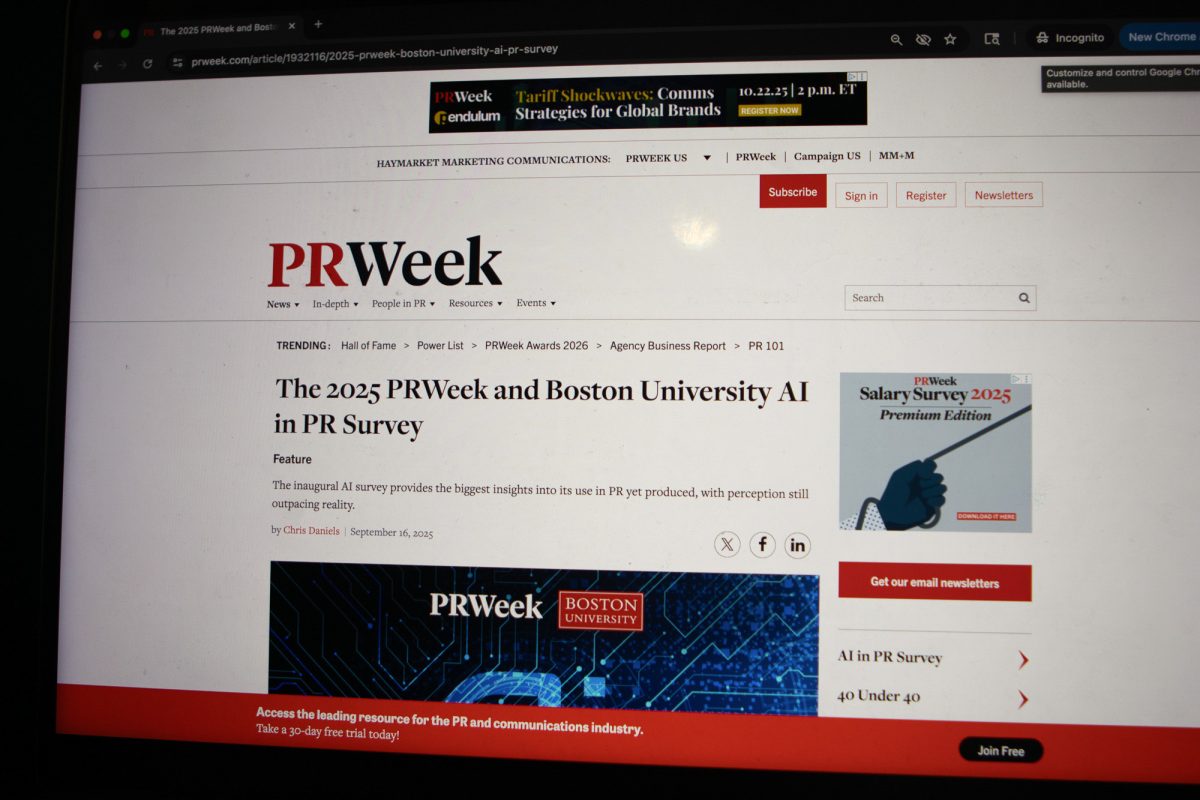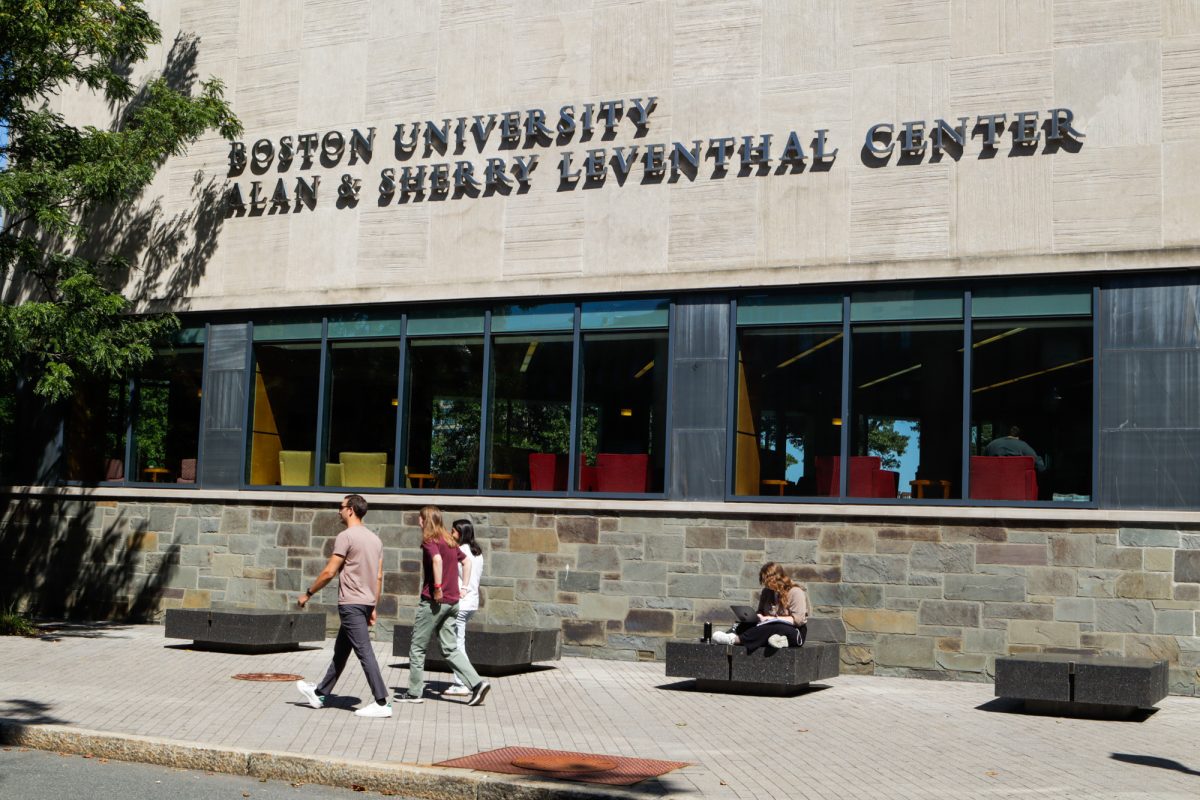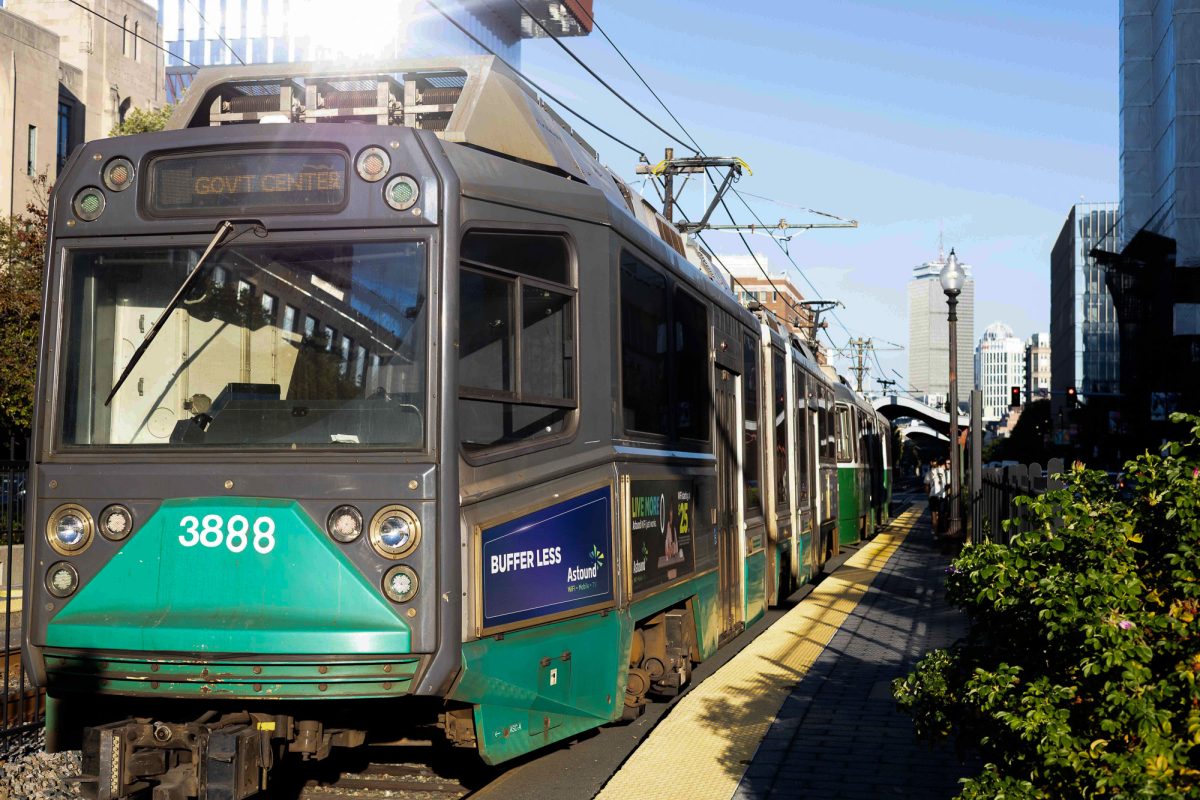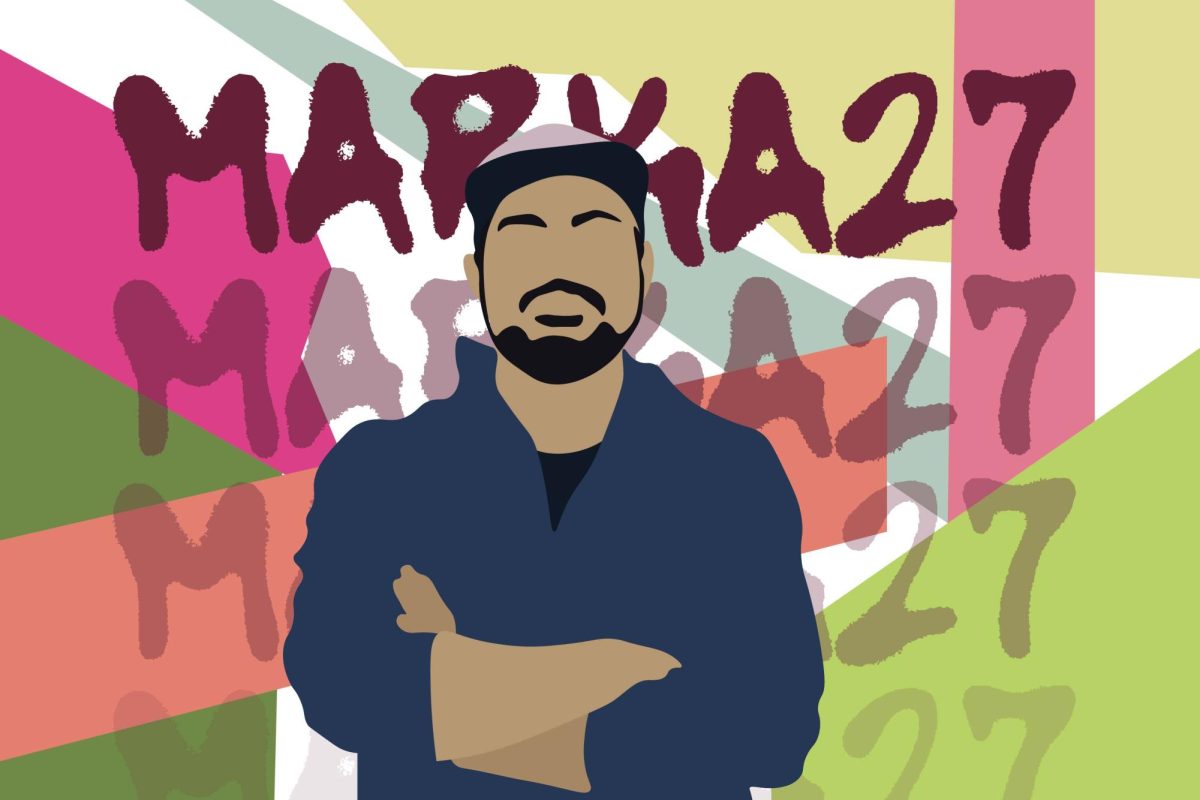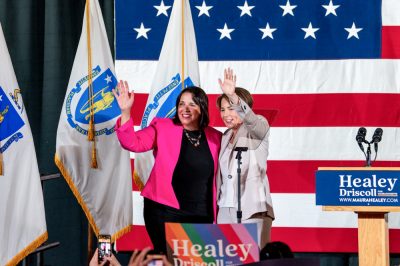
The Healey-Driscoll administration filed a bill Friday to prepare the Commonwealth for the end of the COVID-19 emergency on May 11 with a supplemental budget allocating $734 million to programs and state government departments.
The $734 million comes in addition to the spending proposals outlined in the initial House 1 budget recommendation for Fiscal Year 2024.
If passed, the money would “supplement funding for core programs and services, provide transitional funding for COVID-era workforce and public health programs and make other one-time investments,” according to the administration’s filing letter.
“In our Supplemental Budget, Lieutenant Governor Driscoll and I are proposing additional investments that will move us forward on our goals of increasing affordability, competitiveness and equity in Massachusetts,” Governor Maura Healey said in a press release.
The bill would allot funds to social programs, including $171 million to extend the state-funded universal free school meals program through the upcoming school year.
“The universal school meals program has proven to be a success in expanding access to nutritious meals for all students, and it’s essential that we keep it running and evaluate our options for the future,” Healey said in a statement.
Jennifer Lemmerman, vice president of public policy at Project Bread, said while she is appreciative of the extension, she would like to see the universal meals program provided permanently.
“A hungry child just simply can’t learn,” she said. “There is no path to ending childhood hunger in our state that doesn’t start with making sure that every kid can access meals while they’re at school.”
The bill would additionally allocate funds to a variety of agencies including the Critical Health and Human Services and Workforce Reserve, the MBTA and the Massachusetts Clean Energy Center.
The Critical Health and Human Services and Workforce Reserve would receive $200 million to support its continued COVID-19 response and mitigation efforts, and the $20 million for the MBTA would go toward better recruiting and training employees.
The bill would change three of the six current public health orders, which will be revoked with the official end of the public health emergency on May 11, according to the Executive Office of Health and Human Services.
The bill will permanently extend staffing flexibilities for some ambulances, and temporarily prolong flexibilities for freestanding dialysis providers and for the administration of prescription medications to certain individuals, according to the administration.
The bill doubles the Cultural Facilities Fund for the Massachusetts Cultural Council, setting aside $10 million to the council. Michael J. Bobbitt, executive director of the Massachusetts Cultural Council, said the agency is “extremely grateful for the Governor’s support of the creative and cultural sector.”
“Should this $10 million funding recommendation be signed into law, Mass Cultural Council will move to expeditiously invest the funds as intended — to supplement the existing Cultural Facilities Fund grant program and make equitable investments that maintain and preserve the Commonwealth’s cultural infrastructure,” Bobbitt said in a statement.
The $35 million added to the Massachusetts Clean Energy Center’s budget will promote the growth of the clean energy industry through decarbonization efforts and creating new jobs by establishing partnerships with public higher education institutions.
“Governor Healey’s early support for MassCEC is unprecedented,” MassCEC spokesperson Kathryn Niforos said. “MassCEC looks forward to scaling up the impact of our programming — helping the Commonwealth reach its ambitious climate goals and deliver a clean energy future to all Massachusetts residents.”
Geoff Beckwith, executive director of the Massachusetts Municipal Association, said funding for special education services are a large part of municipal school budgets, and have recently been imposed $92 million in costs by the previous administration.
The supplemental budget will provide $75 million in relief funds that Beckwith said is “a start to help communities deal with these costs.”
“It’s really important to recognize that budgets are, really, constantly evolving instruments,” Beckwith said. “We’re very excited that there’s an opportunity here to deal with a special education challenge in the supplemental budget that Governor Healey has applied.”
Emilia Wisniewski contributed to the reporting of this article.






